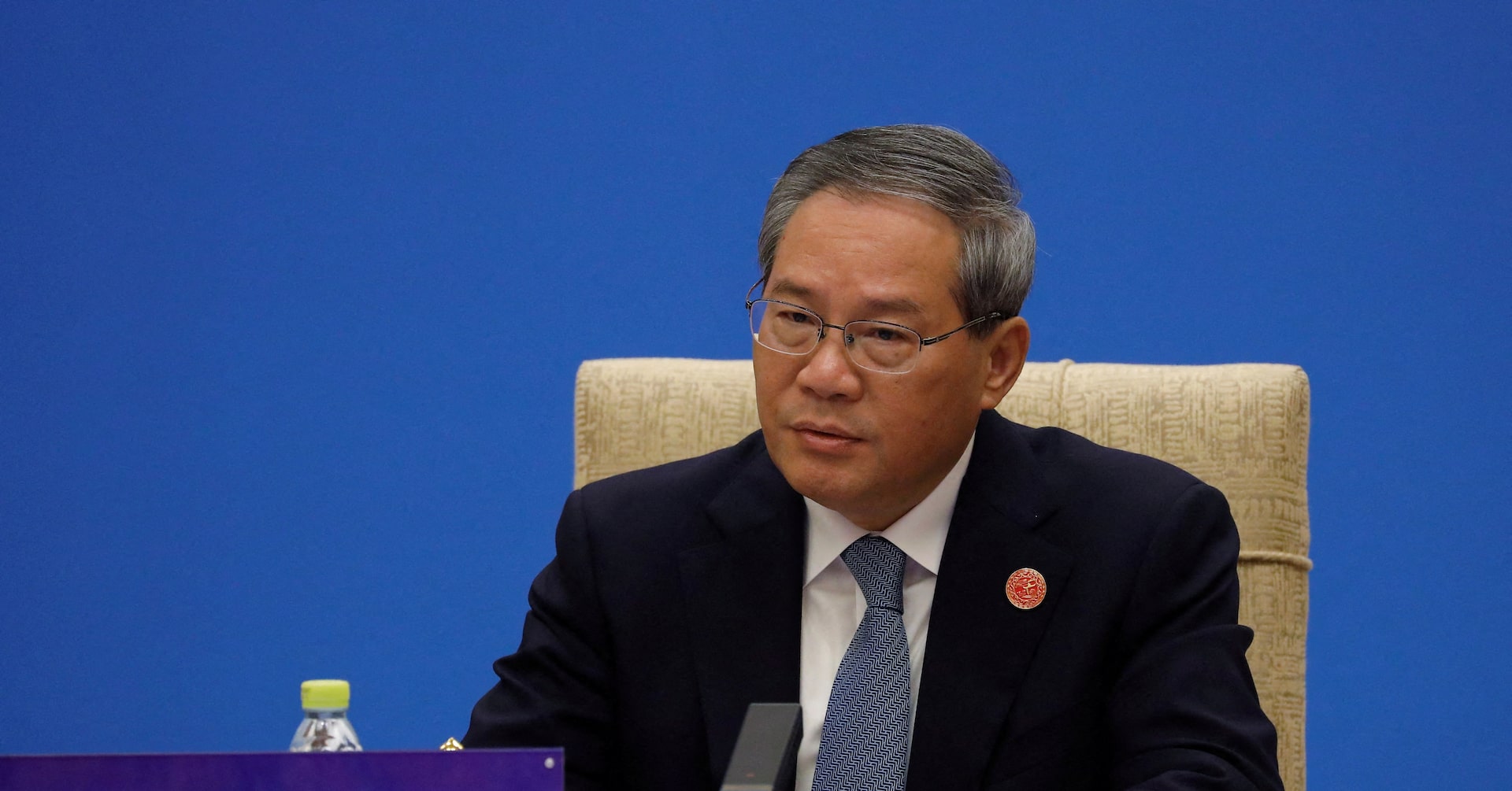Trade War Tremors: How Chinese Entrepreneurs Are Navigating the US-China Economic Minefield
Business
2025-04-13 04:01:58Content

The escalating trade tensions between the United States and China have created a perfect storm of economic uncertainty, with punishing tariffs threatening to derail cross-border business relationships. The staggering 145% tariff imposed by the U.S. and China's retaliatory 125% counter-tariff are sending shockwaves through international trade corridors, leaving businesses caught in the crossfire of a high-stakes economic confrontation.
Entrepreneurs and corporate leaders are now navigating an increasingly complex landscape, where every transaction carries heightened financial risk. These astronomical tariff rates are not just numbers on a spreadsheet—they represent potential make-or-break moments for companies dependent on U.S.-China trade. Small and medium-sized enterprises are particularly vulnerable, facing unprecedented challenges in maintaining profitability and supply chain stability.
The current trade environment demands unprecedented strategic agility, with businesses forced to rapidly reassess their international trade models, explore alternative markets, and develop innovative strategies to mitigate the financial impact of these punitive tariffs. As the economic chess match between two global superpowers continues, the collateral damage is being felt most acutely by the businesses caught in the middle.
Trade Tensions Escalate: US-China Tariff War Threatens Global Business Landscape
In the complex world of international commerce, a high-stakes economic confrontation is unfolding between the United States and China, sending shockwaves through global trade networks and leaving businesses caught in the crossfire of an increasingly volatile economic battlefield.Economic Warfare: The Silent Threat to Global Trade Stability
The Tariff Tsunami: Understanding Economic Weaponization
The current trade landscape represents a critical inflection point in international economic relations. With punitive tariffs reaching unprecedented levels, the United States and China are engaged in a sophisticated economic chess match that threatens to reshape global trade dynamics. The 145% tariff imposed by the United States and the retaliatory 125% tariff from China are not merely numbers, but strategic weapons designed to inflict maximum economic pressure. These astronomical tariff rates represent more than punitive measures; they symbolize a fundamental restructuring of economic relationships. Businesses find themselves navigating an increasingly treacherous terrain, where traditional trade pathways are being systematically dismantled and reconstructed through complex geopolitical negotiations.Collateral Damage: Impact on Global Supply Chains
The ripple effects of these tariffs extend far beyond bilateral relations between the United States and China. Multinational corporations, small and medium enterprises, and intricate global supply chains are experiencing unprecedented disruption. Manufacturing sectors, technology companies, and agricultural producers are being forced to rapidly recalibrate their strategic approaches. Companies are now compelled to develop sophisticated contingency plans, exploring alternative sourcing strategies, relocating production facilities, and reimagining their entire operational frameworks. The economic uncertainty created by these tariffs has transformed business planning from a predictable process into a complex risk management exercise.Strategic Repositioning: Business Adaptation in Uncertain Times
Innovative organizations are responding to these challenges with remarkable agility. Some are diversifying their supply chains, reducing dependency on single-source markets. Others are investing heavily in technological solutions that can mitigate tariff-related risks, such as advanced logistics platforms and predictive economic modeling. The current trade environment demands unprecedented levels of strategic thinking. Companies must now view international trade not just as a commercial activity, but as a complex geopolitical negotiation requiring deep understanding of diplomatic nuances, economic policies, and emerging market trends.Long-Term Economic Implications
Economists and policy analysts are closely monitoring these developments, recognizing that the current tariff war could fundamentally alter global economic architectures. The potential long-term consequences include accelerated technological decoupling, restructured international trade routes, and potentially permanent shifts in economic alliances. The interconnected nature of modern global economics means that these tensions will likely have cascading effects across multiple sectors, influencing everything from technology transfer to foreign investment strategies. Businesses and governments alike must develop robust, adaptive strategies to navigate this complex landscape.RELATED NEWS
Business

Small Business Hiring Hits Wall: Labor Crunch Stifles Job Market Growth
2025-05-01 17:00:00
Business

Rising Stars Wanted: Business Report Launches 2025 Forty Under 40 Nomination Quest
2025-04-30 14:16:31





